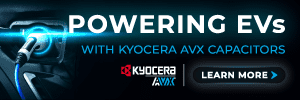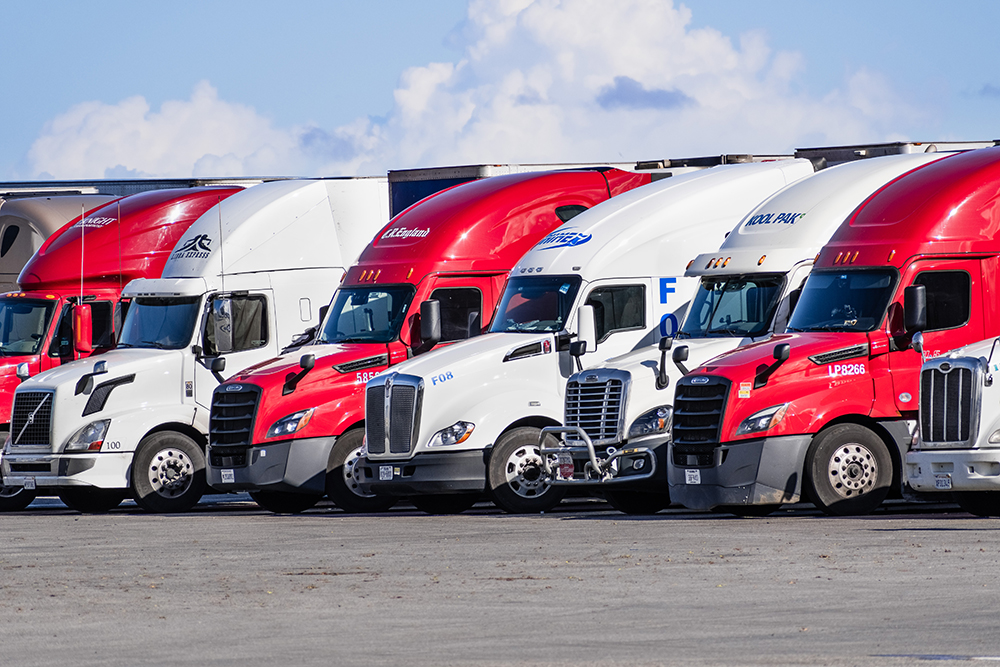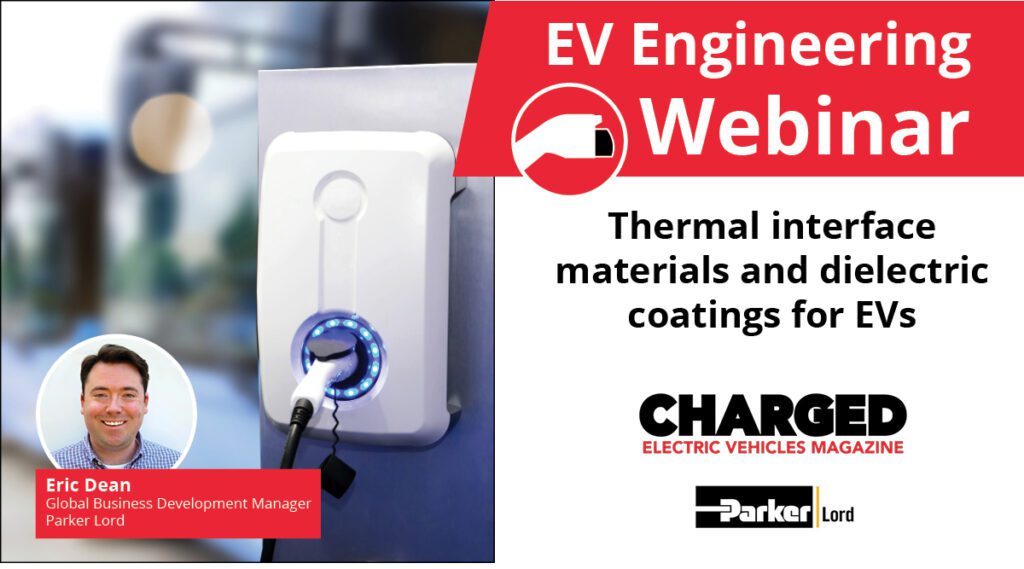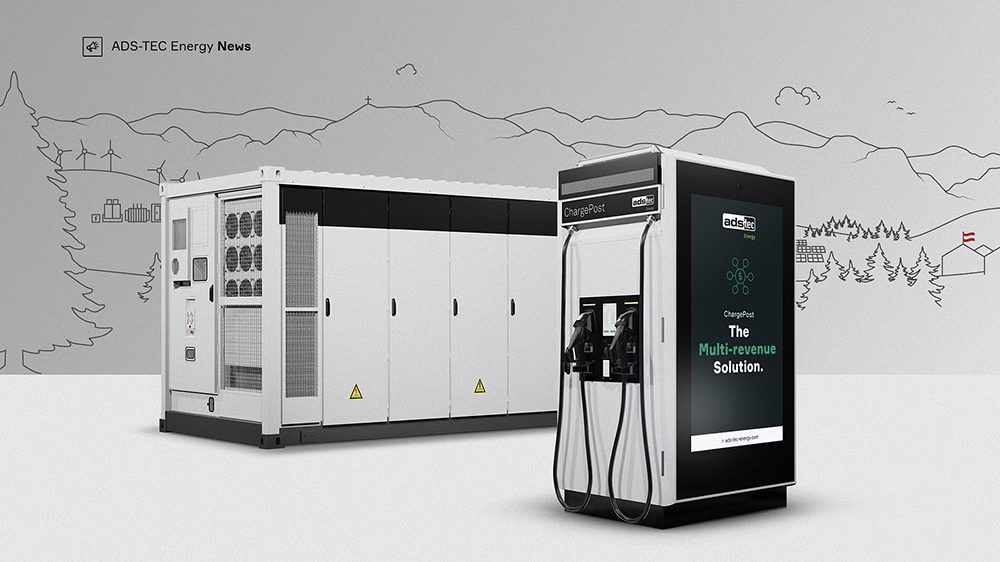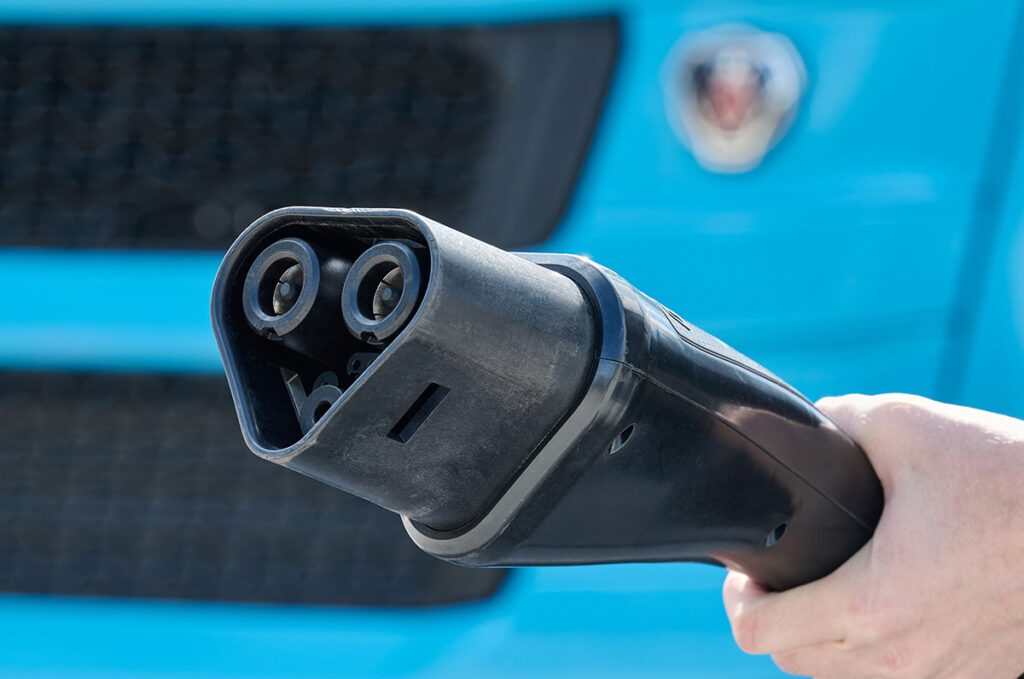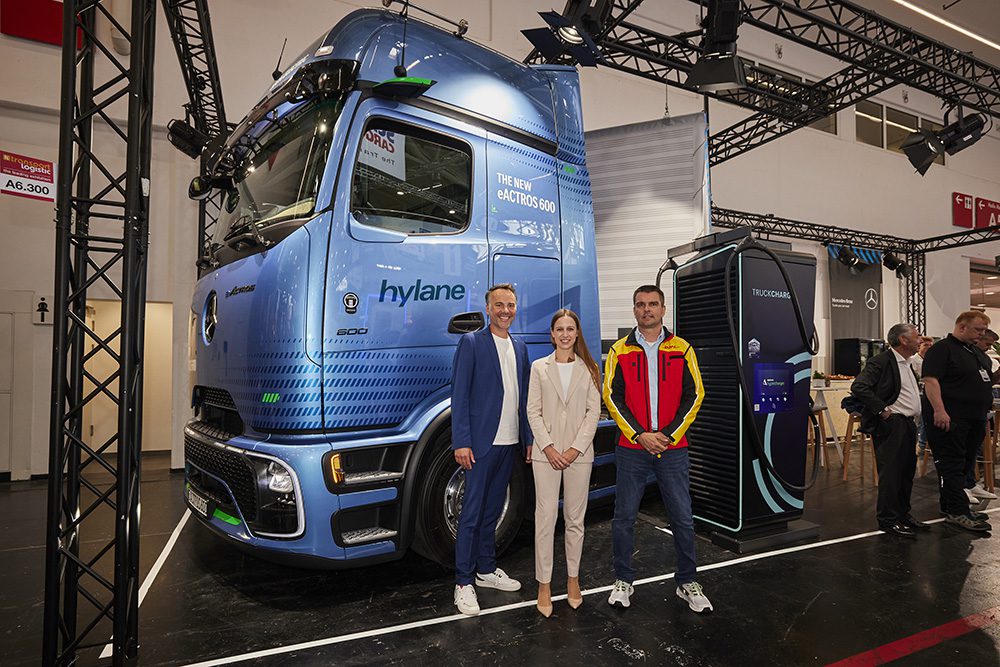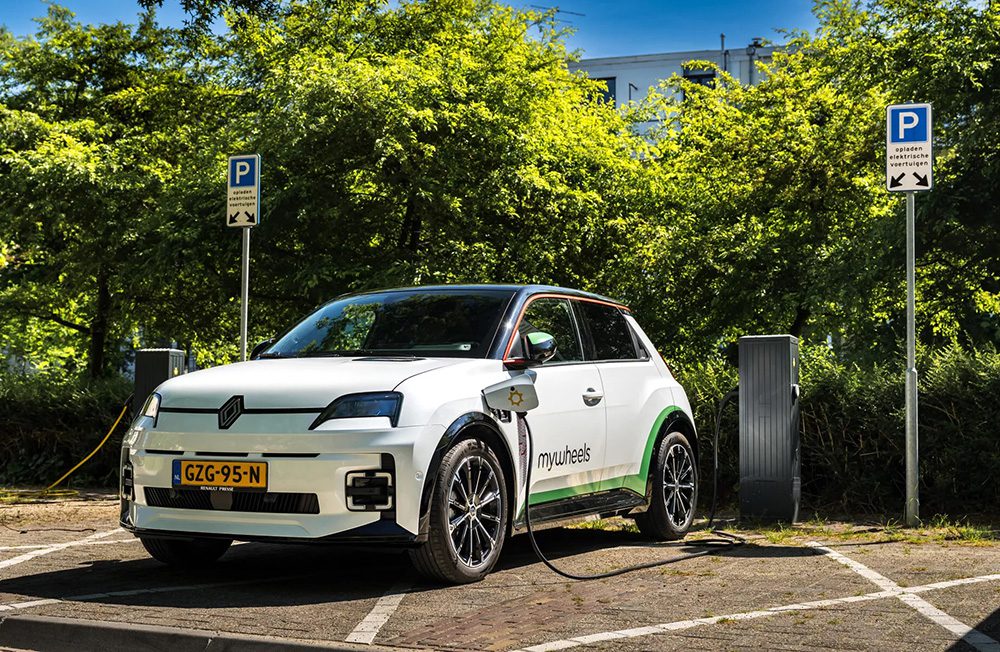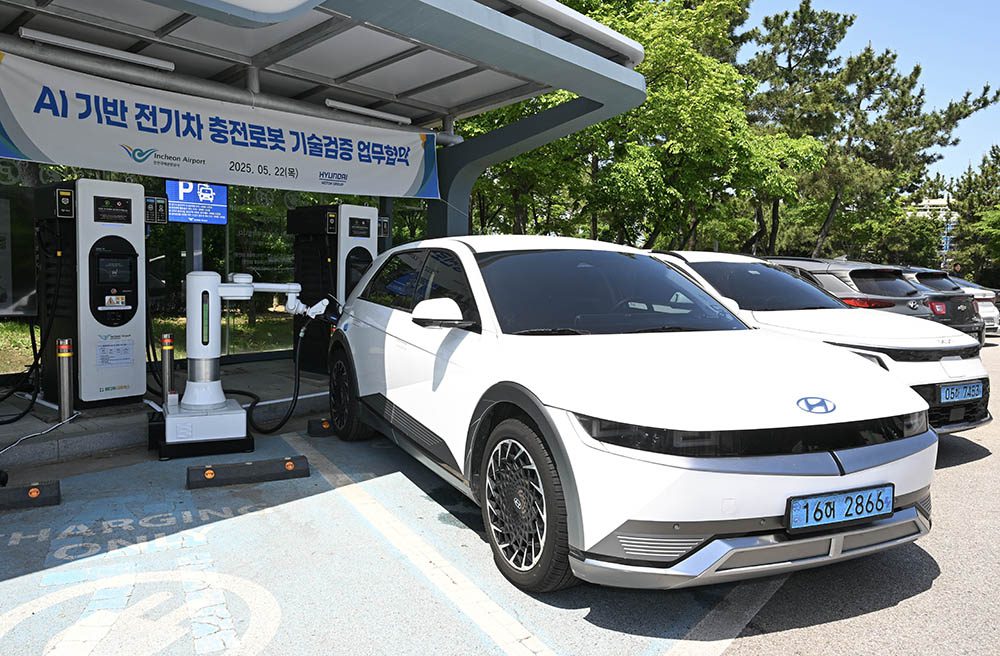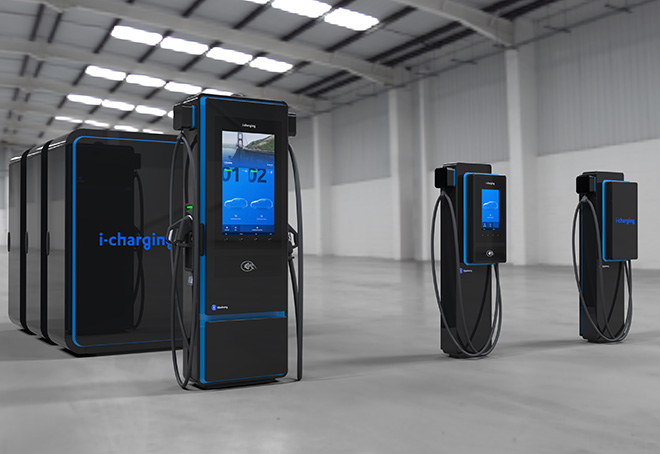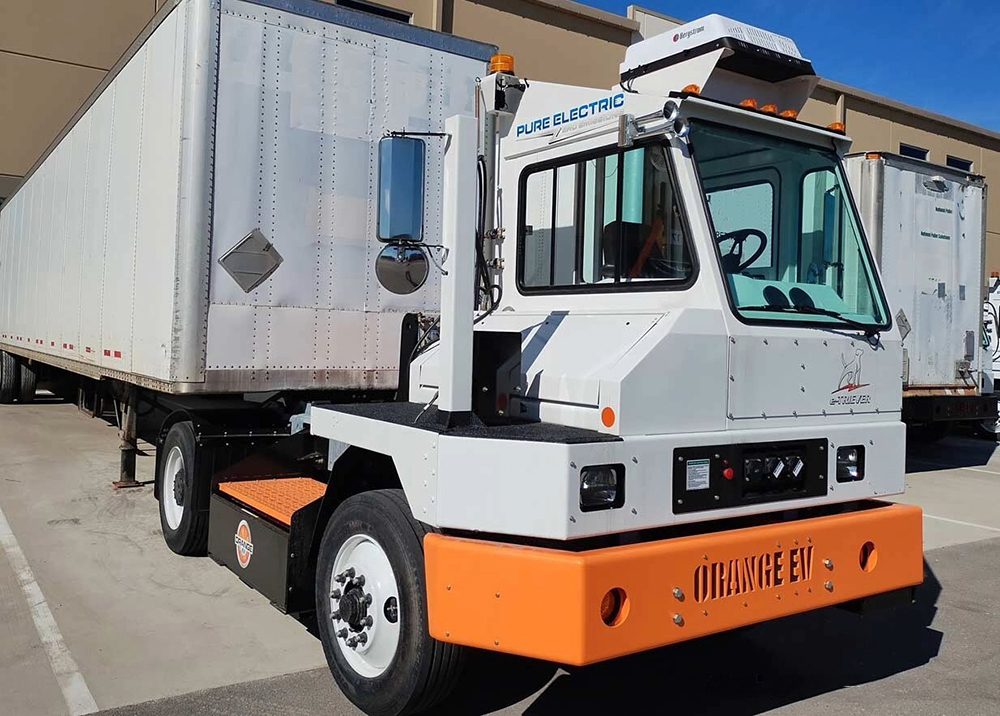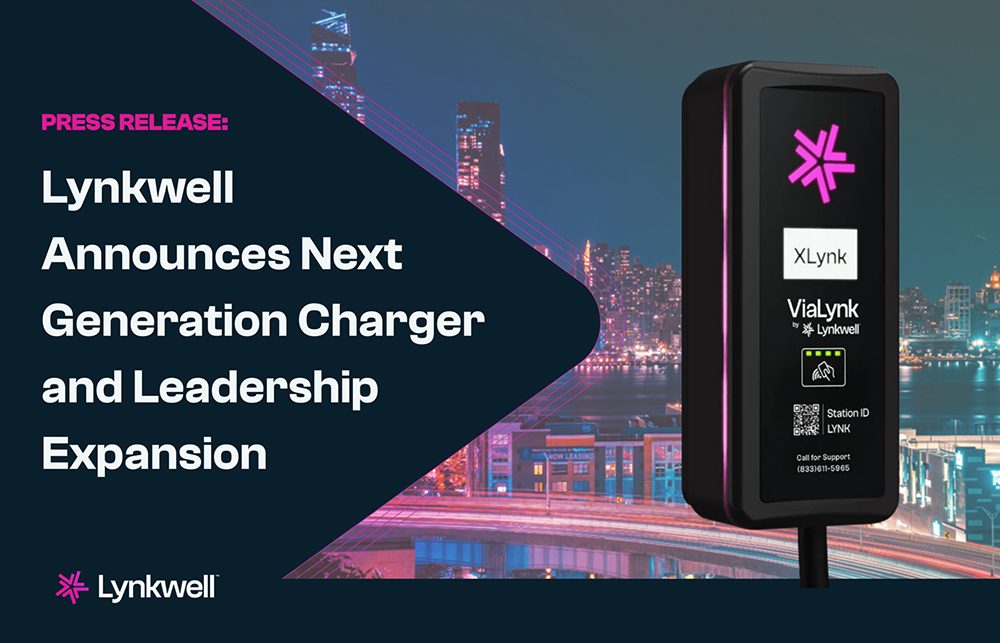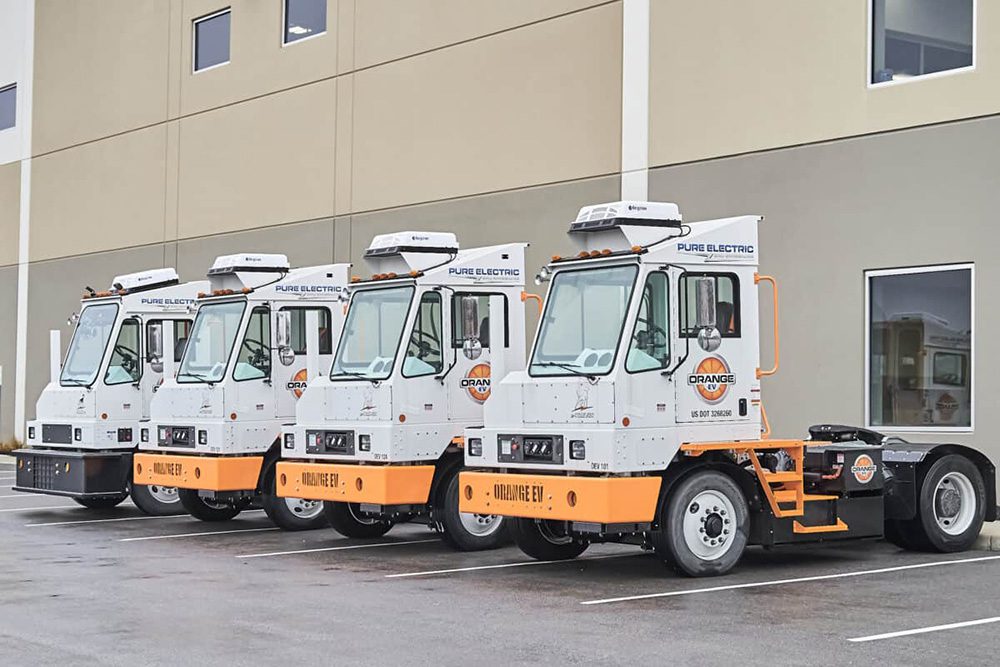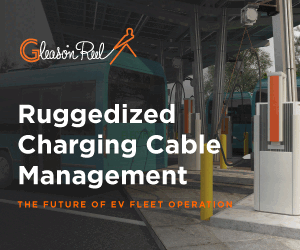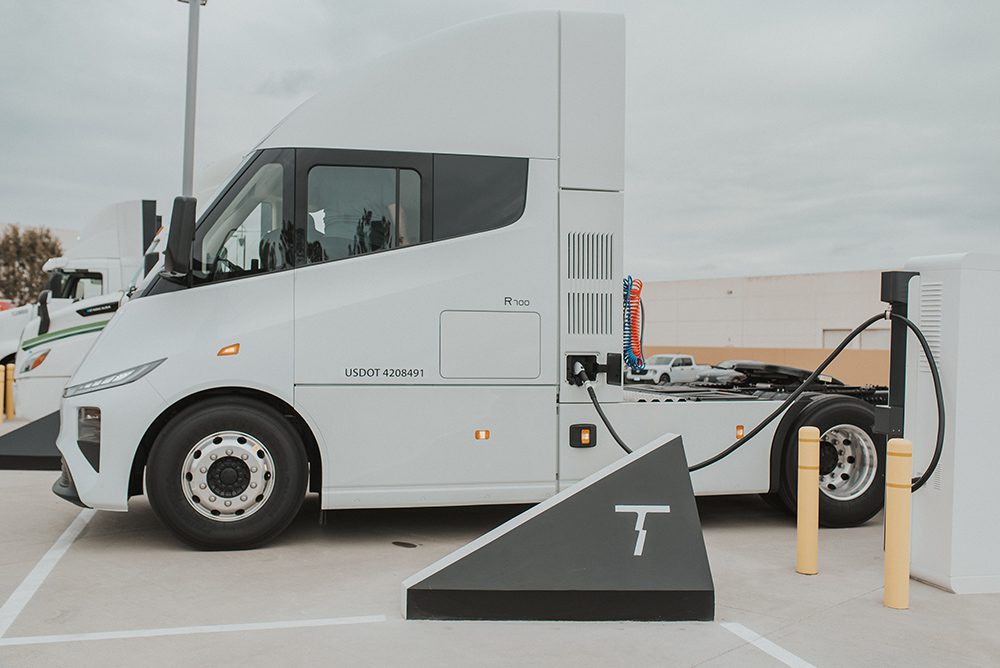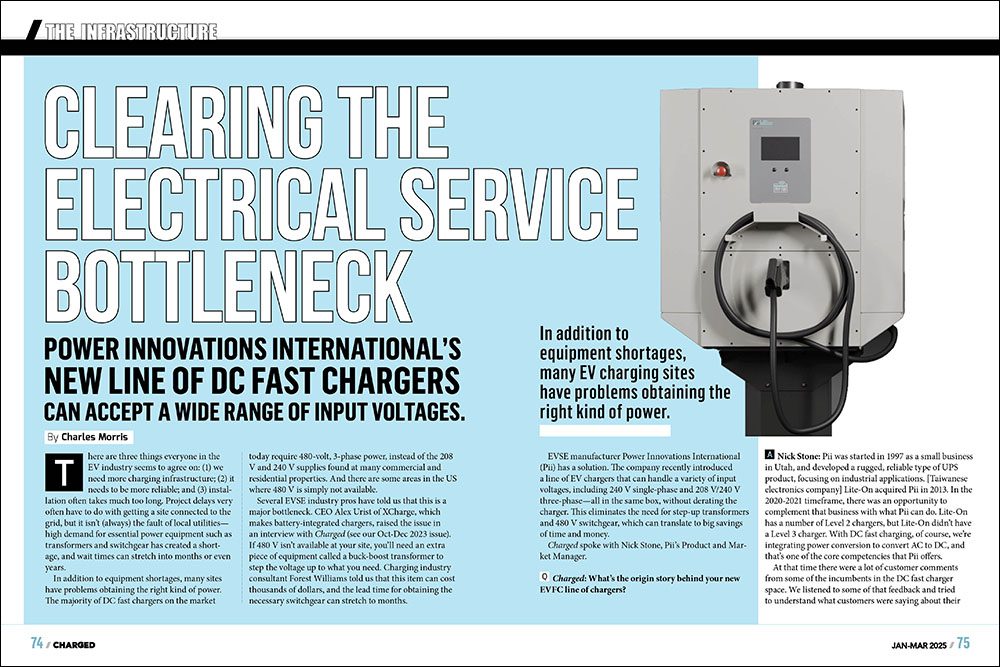Under pressure from trucking trade groups, the California Air Resources Board (CARB) decided to delay enforcing some of the registration and reporting provisions of its Advanced Clean Fleets regulation, which had been scheduled to take effect at the end of 2023.
Under the rule, drayage fleets and other “high-priority” fleets must register any legacy combustion-powered trucks operating at intermodal seaports or railyards. When and if it takes full effect, registering new ICE trucks will effectively be banned.
The California Trucking Association holds that the agency lacks the authority to enforce such rules without a waiver from the EPA, and CARB has agreed not to enforce those provisions until the EPA grants such a waiver.
“Regulatory clarity” is something industry groups often say they want, but for better or worse, it’s something that is seldom going to be the case in a democracy, and fleet operators subject to the ACF regs are now in a sort of limbo. Should they be complying with the new rules to be on the safe side?
A recent webinar from consultancy Edison Energy (via Commercial Carrier Journal) discussed the issues in detail.
“Fleets can continue adding diesel medium- and heavy-duty [drayage trucks] to their fleets,” said Iman Nordin, a Senior Analyst at Edison, “but keep in mind, once the waiver is approved or EPA makes a determination that it’s not required, those vehicles are at risk of not being able to operate [at California ports].”
Nordin believes it’s probably a “when, not if” situation. The majority of EPA waivers generally are approved, but the timeline can run to 18 months or more, said Nordin, adding that the most recent EPA waiver on this issue took 15 months to be approved.
However, the process could be speedier than usual, as agencies try to get their slates cleared before the election.
CARB has paused enforcement action, so the fleet makeup paperwork won’t be due by February 1 as originally planned. However CARB encourages fleets to voluntarily comply, and Edison’s experts advise fleets to continue their electrification projects.
To hear the truckers tell it, they’re happy to electrify, but they need more time to get charging infrastructure in place, and thanks to utility, supply chain and permitting issues, that’s a process that can take years.
Fortunately, CARB may grant exemptions to the ACF rules for fleets that are dealing with these bottlenecks. Edison Energy advises operators to document any and all issues that prevent them from bringing fleets into compliance in a timely manner—if an EV OEM can’t deliver trucks on time, if a local utility can’t get a required service upgrade installed, if local permitting authorities hold up construction, CARB may grant an exemption.
Sources: Commercial Carrier Journal, Edison Energy





